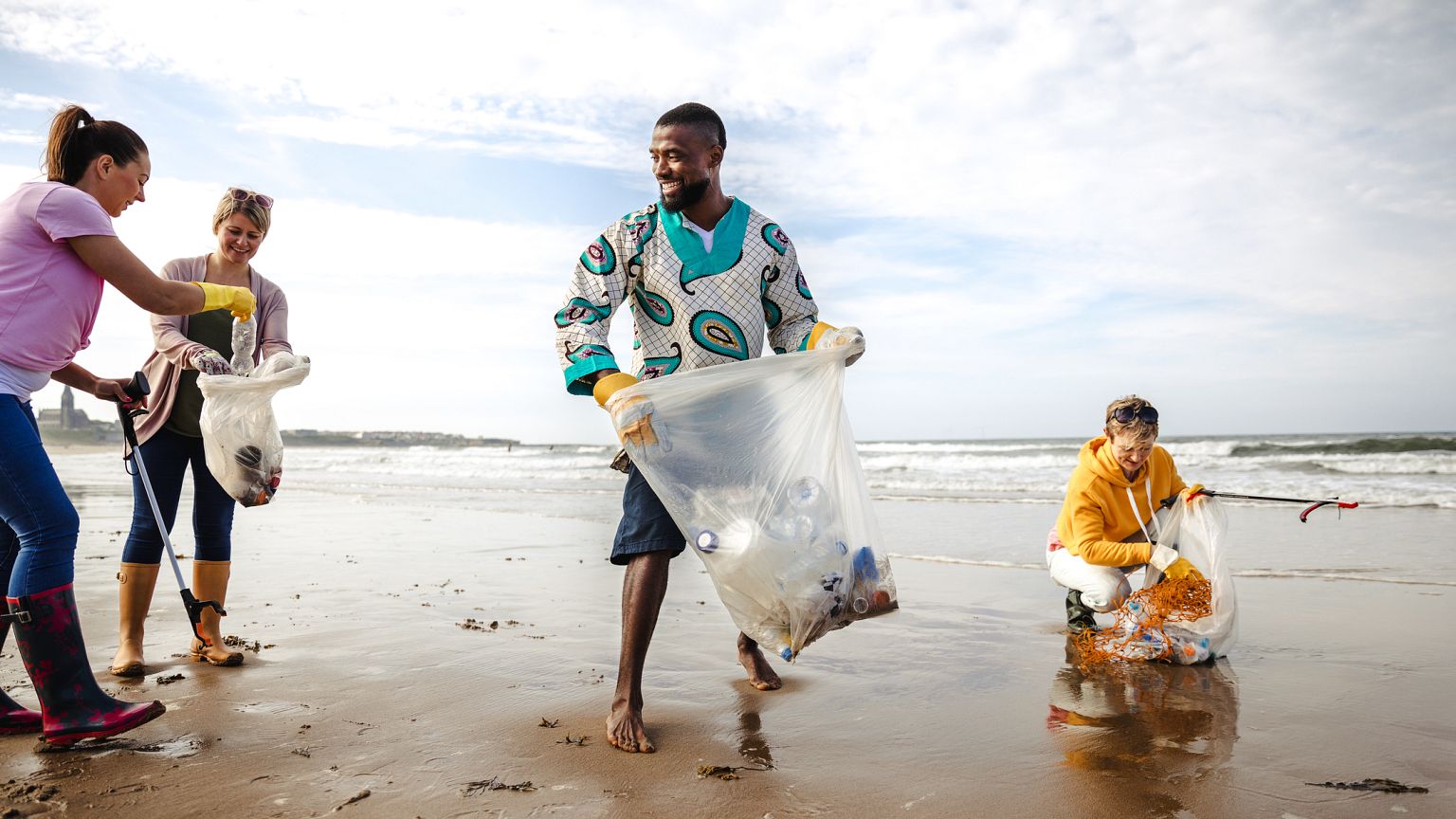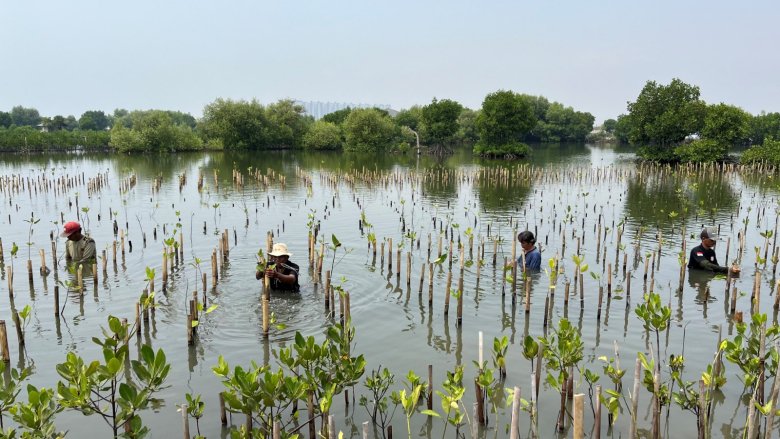
A New Way to Move Through the World
For years, travel was about speed and volume—checklists, snapshots, and moving on. But overtourism, climate concerns, and cultural wear have pushed a powerful shift: regenerative travel paired with slow experiences. This isn’t just “doing less harm.” It’s choosing trips that actively heal—restoring ecosystems, supporting local livelihoods, and reconnecting travelers with place and people.
What Is Regenerative Travel?
Regenerative travel aims for a net-positive impact. Instead of simply offsetting harm, you contribute to renewal:
Environmental restoration: reef planting, dune rehabilitation, wildlife monitoring.
Cultural vitality: fair-compensation for traditional crafts, language and heritage programs.
Community resilience: tourism spend that stays local, skills training, equitable partnerships.
It’s travel as stewardship—leaving places better than you found them.
What Are Slow Experiences?
Slow travel values depth over breadth. Fewer destinations, longer stays, richer relationships.
Examples:
Learn cheesemaking with a farm family in rural Italy.
Join a mangrove replanting morning in Southeast Asia.
Spend a week in a Portuguese hill village—cooking, weaving, and walking ancient trails.
By slowing down, you create space for real exchange—and lower your footprint in the process.
Real-World Examples to Inspire Your Trip

Costa Rica's Eco-lodge

Bali Mangrove Forest Planting

Portugal’s Schist Villages

Scotland’s Isle of Eigg
Costa Rica’s Osa Peninsula: Eco-lodges reinvest profits into rainforest conservation and community projects with guided biodiversity walks and reforestation days.
Bali Mangrove Initiatives: Local NGOs host traveler workdays replanting mangroves to protect coasts and fish nurseries.
Portugal’s Schist Villages (Aldeias do Xisto): Craft workshops, bread ovens, and producer-to-table meals revive rural economies.
Scotland’s Isle of Eigg: A community-owned island leading in renewables; visitors can support cultural and environmental programs.
(Tip: when researching, look for transparent impact reports rather than vague “eco” claims.)
How to Start—Practical Steps
Stay longer, travel slower: Fewer transfers, more immersion, smaller footprint.
Choose certified stays: Look for credible labels (e.g., Green Globe, EarthCheck) plus clear, audited impact metrics.
Spend locally: Family-run restaurants, artisan markets, community guides.
Give back time: Beach cleanups, tree-planting, trail maintenance—just a few hours helps.
Be a respectful guest: Learn basics of the language, ask before photographing, follow local etiquette.
Mind your transport: Favor trains and public transit; if you must fly, cluster experiences into one longer trip.
Why It Matters—Traveler, Community, Planet
Traveler: Lower stress, deeper meaning, skills learned, stories earned.
Community: Fair income, heritage pride, new opportunities for youth.
Planet: Restored habitats, preserved biodiversity, reduced emissions through slower movement.
This is how tourism becomes a regenerative loop instead of a one-way extraction.
Common Pitfalls (and How to Avoid Them)
Greenwashing: Don’t rely on buzzwords. Ask for impact data (hectares restored, local employment %, supplier policies).
Token volunteering: Prefer projects led by local groups with long-term goals; avoid activities that displace paid local work.
Overdependence on tourism: Seek destinations with diversified income and community governance.
Gear & Reads for Conscious Travelers (My Amazon picks)

The Sustainable Travel Handbook (Lonely Planet)
Reusable, water bottle – packable hydration that cuts single-use plastic.
Titanium Spork – skip disposables on-the-go.
Portable solar charger – keep devices powered off-grid.
Books to go deeper:
The Sustainable Travel Handbook — practical frameworks.
Overbooked — how mass tourism evolved (and how to fix it).
Conclusion: Travel That Heals
Regenerative travel & slow experiences reframe movement as relationship. When you linger, listen, and lend a hand, you don’t just collect destinations—you help restore them. The reward is transformational: for the places you visit, the people you meet, and the person you’re becoming.
What’s your take on regenerative travel? Have you tried slow experiences or community-led projects? Drop your stories and tips in the comments—we read everything. And if there’s a destination or angle you’d like Lisa to cover next, tell us. Your ideas guide our next journeys. 🌍







